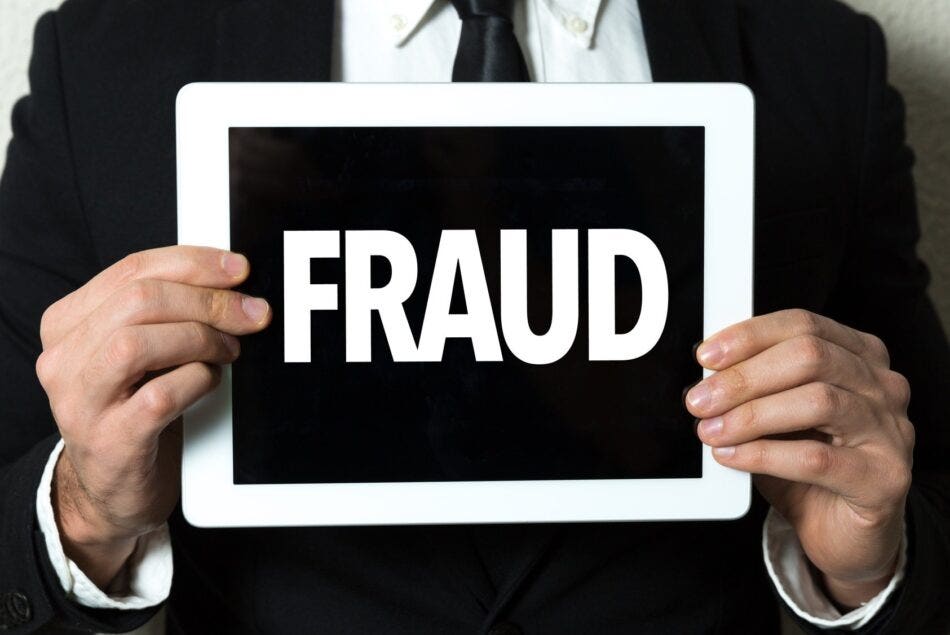As March is Fraud Awareness Month we thought this was a great opportunity to discuss insurance fraud in Alberta. Insurance fraud affects everyone as it results in higher insurance premiums across the board as well as ties up public resources and creates headaches for victims involved.
What is insurance fraud?
Insurance fraud is done for monetary gain and can take on many forms. It is usually done with the intent to get lower insurance premiums or to get a higher claim payout (or even get one in the first place). It is often intentional although it can sometimes be accidental when it comes to forgetting to update your broker or insurance company. Here’s a list of common forms of insurance fraud:
- Failing to disclose relevant information on an application.
- Lying about circumstances surrounding a claim including the cause fault and extent of injury or damages. This includes lying by omission.
- False claims of stolen or damaged property.
- Intentional acts to damage or destroy property in order to get payment including staged accidents.
- Over-stating worth of items.
For more information visit the Insurance Bureau of Canada.
How can you recognize insurance fraud in Alberta?
Unfortunately the above actions can sometimes involve innocent bystanders especially when it comes to car accidents and liability claims against businesses.
Be wary of people claiming severe medical issues following a minor incident and watch out for inaccurate statements over what happened. While minor differences or conflicts on who is at fault are normal the overall story should be similar.
A lack of witnesses can also be problematic – just as the sudden appearance of a witness or passenger. In the case of a car accident recommendations of a tow truck company repair shop medical provider or lawyer should also be treated with suspicion unless they come from your insurance company or a trusted friend or family member. Be especially mistrustful of any recommendations from people involved in or witnesses of the accident.
Unfortunately insurance fraud is often quite subtle and hard to detect. Insurance companies and government agencies are working hard to identify and prevent fraud and there is something you can do.
How is insurance fraud prevented?
If you suspect someone is carrying out fraudulent activities contact the police or Crime Stoppers. You can also contact the Insurance Bureau of Canada anonymously by phone (24/7) at 1-877-IBC-TIPS or through online form.
Aviva Canada’s Fraud Information Centre is also available 24/7 via phone at 1-855-332-5255 or by email at anti-fraud_management@avivacanada.com. You should also contact your insurance broker or company if you suspect you may be involved as a victim.
To protect yourself ensure you practice safe and defensive driving practices. Avoid tailgating as it is extremely easy to fall victim to a staged accident. Dash cams and security cameras are also extremely useful tools to help identify insurance fraud. Answer honestly when applying for insurance and keep your broker updated – click here to find out when you need to be contacting your broker.
If you’re involved in a claim be sure to document everything. Use photo and video as much as you can and keep all communication. Do not take recommendations from anyone at the scene of an accident unless it comes from the police or your insurance company.
Insurance companies and government agencies have dedicated teams working on identifying and investigating cases of fraud which are prosecuted to the fullest extent of the law. These teams use data analytics and common sense to root out fraudsters. For example Aviva Canada’s anti-fraud management team has investigated over 3000 fraud cases resulting in 77 criminal charges since 2013.
There are harsh penalties for those who commit fraud. Punishments for insurance fraud include cancellation of all insurance policies (and subsequent difficulty in getting insured) fines and prison time.
Unfortunately insurance fraud can be hard to detect and is often a sensitive issue. Many people have legitimately gone through a traumatic experience and no one wants to assume the worst. Fraudsters take advantage of this system and negatively impact everyone.

